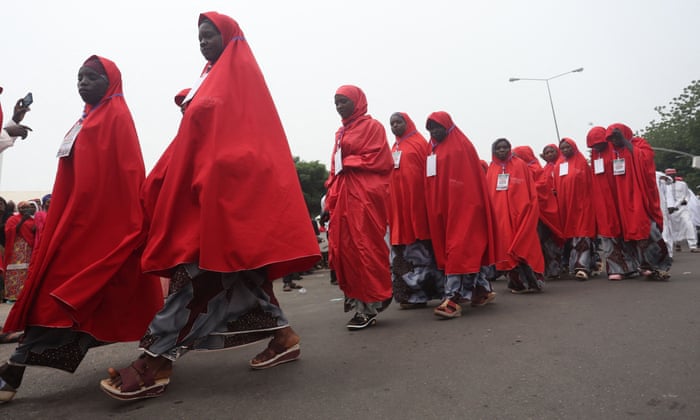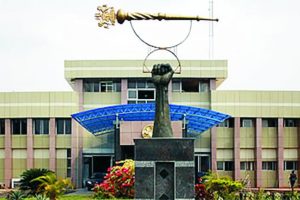
The Nassarawa Orphanage Home in Kano State, once a refuge for children rescued from tragic circumstances, is now at the center of growing concern over the fate of women raised within its walls, many of whom have been left vulnerable after failed marriages and years of hardship.
For decades, the facility, supported by the Kano State Government, has provided shelter, education, and basic care for orphans and abandoned children until they reach adulthood. Boys often go on to secure employment in public service or start their own ventures. For many of the girls, however, adulthood begins with marriage—frequently arranged within the community or through interested suitors.
Yet for some of these women, life after the orphanage has turned into a long and painful struggle marked by abandonment, poverty, and domestic abuse. Several of them are now speaking out, urging the government to create sustainable systems that support them after marriage and protect them from further suffering.
A Life of Hardship After Marriage
Hadiza Muhammad, now 40, grew up in Nassarawa Orphanage after reportedly surviving a fatal accident along the Kaduna road as a baby. She told DAILY POST that her years in the home provided her with stability until she was forced to leave due to overcrowding.
“As we got older, they started telling us to marry and move out. They needed the space for new arrivals,” she recalled. “A woman had been sponsoring my education, but after we had a disagreement, she returned me to the orphanage at age 17. I had no choice but to agree to marry.”
Hadiza eventually married a man from the Republic of Niger. The union, however, brought years of hardship and abuse. “After nearly 15 years, we had two children. But then he divorced me and left us. He’s now homeless, and I’m left with the children and no help. I went back to the orphanage, but they told me there’s no space for mothers,” she said.
Shared Struggles and Growing Desperation
Halima Muhammad, who was raised in the same orphanage, has a similar story. After being abandoned by her husband, she now cares for five children while battling diabetes, high blood pressure, and asthma, all exacerbated by years of stress and uncertainty.
“Our landlord is threatening eviction because we can’t pay rent. I don’t even have the strength to fight for my rights or those of my children,” she said tearfully.
Both Hadiza and Halima are calling on the Kano State Government to step in and create structured programs that support women in their situation, those who were raised in state facilities, married off, and later abandoned or widowed.
A Ray of Hope: Government Interventions Underway
Comrade Hafiz Sanusi Sanka, the Kano State Chairman of the International Human Rights Commission (IHRC), confirmed that the issue has reached state authorities and steps are being taken.
“We’ve had several reports like this, and we recently met with the management of the orphanage to discuss lasting solutions. There are plans in motion,” he said.
Sanka revealed that although there is currently a small facility to house women in distress, it is not enough. “Thankfully, Governor Abba Kabir Yusuf has approved the construction of 20 new houses to support women like Hadiza and Halima, those whose marriages end or whose husbands pass away,” he said.
Additionally, employment initiatives are being introduced to empower orphanage alumni. “Just last week, the Governor offered civil service jobs to 22 former residents both men and women who grew up in the orphanage,” Sanka confirmed.
Call for Long-Term Solutions
While these developments are encouraging, human rights advocates and former residents alike stress the need for a sustainable and inclusive welfare system that supports orphans beyond childhood.
Attempts to get direct comment from the Nassarawa Orphanage were unsuccessful, but the home’s director, Hajiya Maimunatu, confirmed that Comrade Sanka’s statements reflect the orphanage’s current efforts and the government’s involvement.
As Kano State continues to see dozens of children abandoned each year, advocates warn that without holistic planning and post-orphanage support structures, the cycle of vulnerability and abandonment will persist—particularly for young girls who grow up without family support.
The stories of Hadiza and Halima serve as a sobering reminder that caring for orphans does not end with marriage, and that real empowerment requires more than temporary shelter it demands sustained protection, opportunity, and inclusion.





